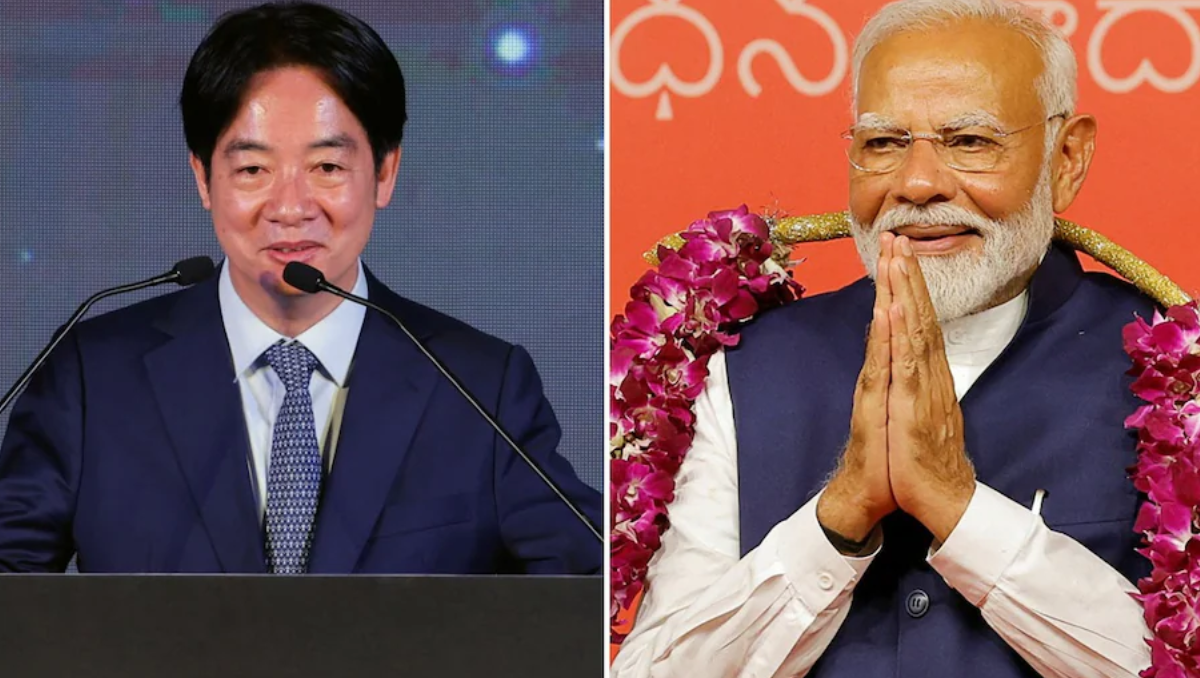After the results of the Lok Sabha elections of 2024 were announced, the Taiwanese President and Democratic Progressive Party Chairperson wished Prime Minister Narendra Modi a successful mandate. China was not pleased and expressed its disapproval.
Lai Ching-te, President of the Republic of China, wrote to Modi about the partnership between Taiwan and India. China, however, denied that Taiwan, a territory it claims as its own, had an official presidential position.
Before that, the spokeswoman told reporters what they saw in the briefing transcript and declared, that in the whole world, there is only one China. Taiwan is an inalienable part of the territory of the People’s Republic of China.
The one-China principle is an internationally accepted standard for international relations and a widely held belief. India and China have diplomatic ties, and India is aware of China’s perspective.
India has committed itself politically to upholding the one-China ideal, and as such, it must acknowledge, be concerned about, and oppose the political maneuvering of the Taiwanese government.
During the press conference, Bloomberg questioned Chinese Foreign Ministry Spokesman Mao Ning about Ching-te’s correspondence with Modi.
According to Ning, there is no “president” of the Taiwan area, and China is against any formal contact between Taiwanese officials and nations that share diplomatic ties.
Disputes and tensions along the border have strained relations between China and India. China recently railed against PM Modi’s visit to Zangnan and Arunachal Pradesh, two more provinces it claims as its territory.
India had dismissed China’s assertions as absurd. India had stated that “repeating erroneous arguments in this regard lends no validity to such claims.”
Shortly after, China added thirty more names to the fourth and most recent list of geographical names in Arunachal Pradesh. China produced the third list in April 2023, standardizing 11 regional names using Tibetan, Pinyin, and Chinese characters.
We strongly object to such efforts. The government had stated at the time that giving made-up titles wouldn’t change the fact that Arunachal Pradesh is, has been, and will always be an essential and inalienable part of India.
